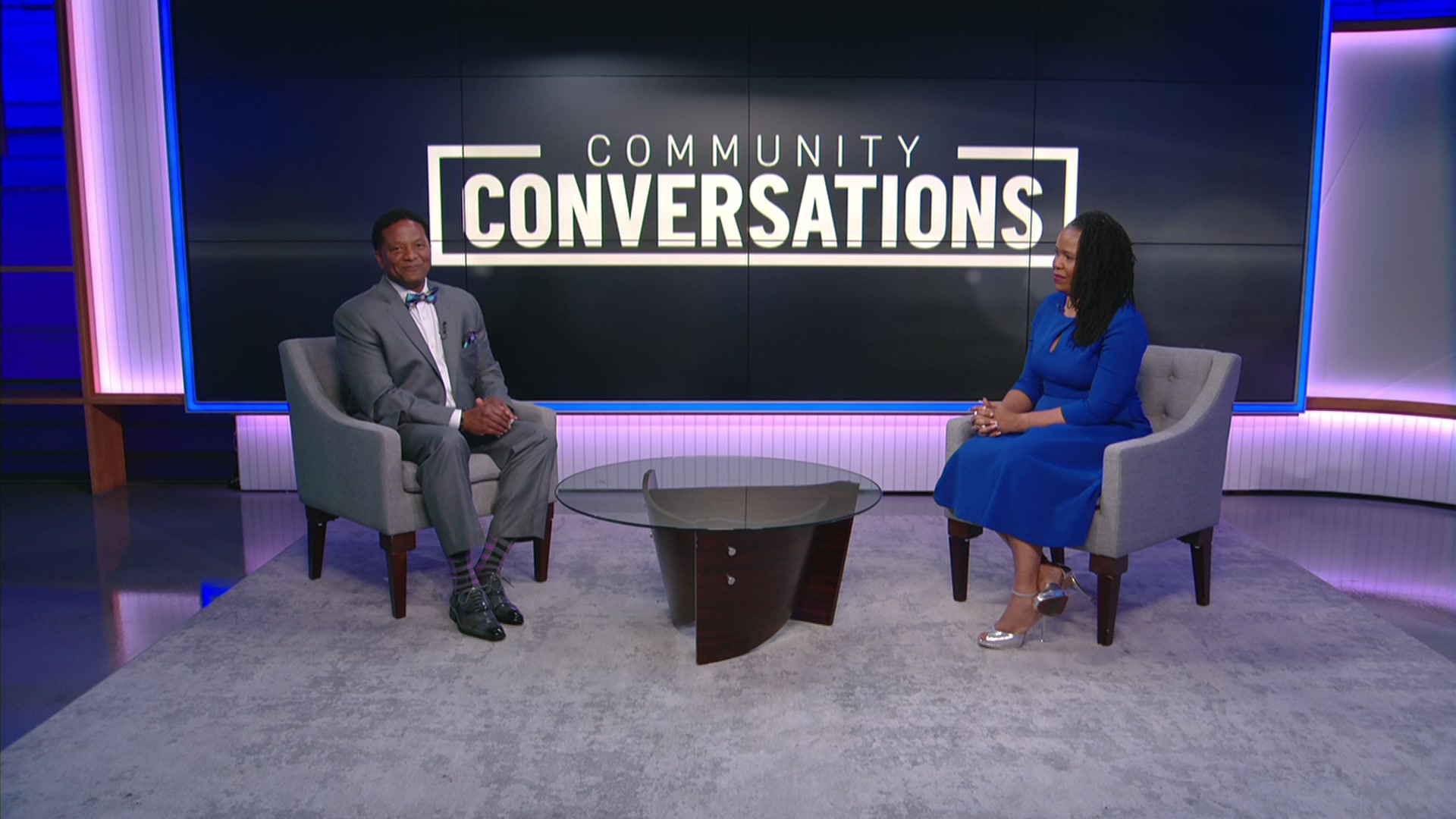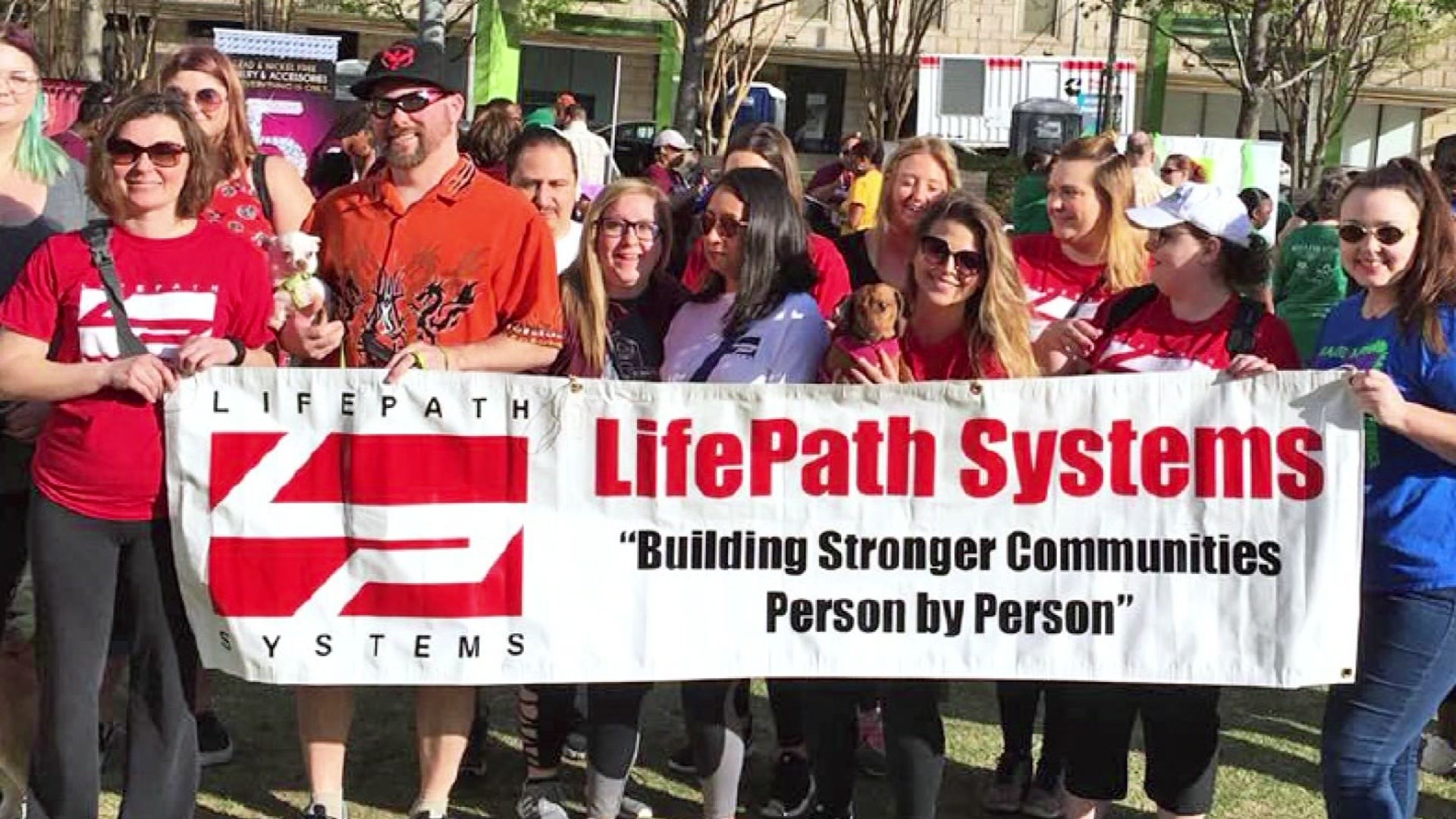As North Texas students get mentally ready to head back to in-person learning, thousands of children in Dallas County are dealing with an added layer of stress outside of school.
The trauma of abuse.
“The reality is that we believe every single child should be safe in their home. Our agency exists because they are not,” said Irish Burch, CEO of Dallas Children's Advocacy Center.
DCAC is the only agency of its kind fighting child abuse in Dallas County. DCAC reads through thousands of reports and then coordinates the cases that rise to the level of a criminal offense, bringing together CPS, law enforcement, medical and the district attorney’s office.
Get DFW local news, weather forecasts and entertainment stories to your inbox. Sign up for NBC DFW newsletters.
After that, staff then provides healing services for the child victim and their non-offending family members.
Right now, the nonprofit is busy helping kids as they mentally return to in-person schooling.
“As you would imagine COVID-19 brought along a set of challenges for us,” said Suzanne Anderson, a certified therapist for DCAC. “Now, children were more isolated than ever. So as therapists working with them virtually, we had to have an eye on safety and any possible dangers more than ever.”
Community Conversations: Call for Change
NBC 5 wants to have inspiring conversations highlighting work being done to lift marginalized communities in North Texas.
Luckily, there’s a group of therapists like Anderson that are on hand to help the children through every challenge in their young lives, especially as many of them transition out of virtual learning.
“It’s just preparing them, talking to them about what things will look like. What are the things they can do to remain calm and caring for themselves? The same thing for caregivers – stress management techniques so that they can support their children through this challenging time,” she said.
This population of children needs support, especially right now. In their last fiscal year, DCAC read over 28,000 reports of child abuse in Dallas County involving over 8,000 children. That's the highest number of clients to date.
The state of Texas served 61,000 victims of child abuse in 2020, a 3% rise from the fiscal year 2019.
Many of their clients are minority children – about 45% are Latino and 30% are African American clientele, according to Burch. DCAC serves every single ZIP code in Dallas County.
This is why the group is putting a huge emphasis on the importance of having therapists that represent and relate to the population in which they serve.
“I recently took over this role in January of this year and we’ve been having this conversation from the day I came into the door. They were having the conversation prior to me getting there,” said Burch. “It is so essential for these clients coming into our doors, that they feel welcome and they feel like there are people here who understand them can relate to the things that they face in their household. They can speak in the same language that they do.”
DCAC said having a diverse group of therapists for the diverse population they serve has helped increase the ease and success in healing for the children.
“For our clients to sit across a therapist that looks like them and speaks their language is incredibly important,” said Anderson. “We know that mental health interventions that are culturally relevant and having a racial match need to building trust, which leads to engagement, better treatment outcomes, and overall client satisfaction. So it is incredibly important for that to happen.”
Anderson added, “They have less fear of perhaps misunderstanding or judgment. That opens up the door for people to be more open and engaging and in processing their thoughts and feelings, which is very crucial in therapy."
Burch said she is hoping to keep these types of conversations for improvement going throughout her organization.
“When I was a forensic interviewer, I was one of the only African American female interviewers that we had at the time. And I saw the impact that made on the children when they would come into the office. They would see someone that looked like them,” she said. “In this recent climate, I just know that it’s hard to sometimes talk about it. I know that people want to shy away from those difficult conversations. But the reality in our field is -- when you shy away from those difficult conversations, children fall through the cracks. If we are not being brave enough to sit around the table and say we can do better every single day, by the way, that we serve our children – and this is just as critical as making sure that we have the investigative experience – if we shy away from these conversations, our children are going to be without.”
You can hear more from the full conversation in the video player at the top of this article.
Additionally, Dallas Children's Advocacy Center will be hosting the 33rd annual Crimes Against Children Conference virtually on Monday, Aug. 9. The internationally renowned Conference provides training to more than 7,000 professionals fighting child abuse. The content will be available online until Dec. 17, 2021.
Their training is more important than ever with an expected increase in child abuse cases. Click here to learn more.



